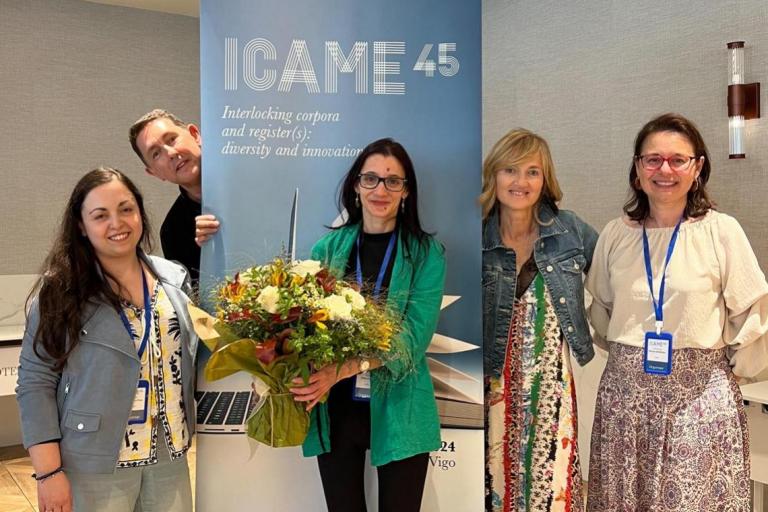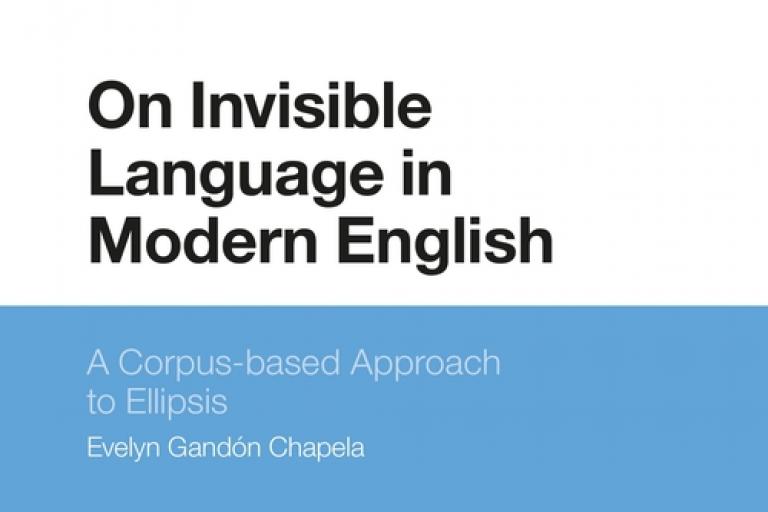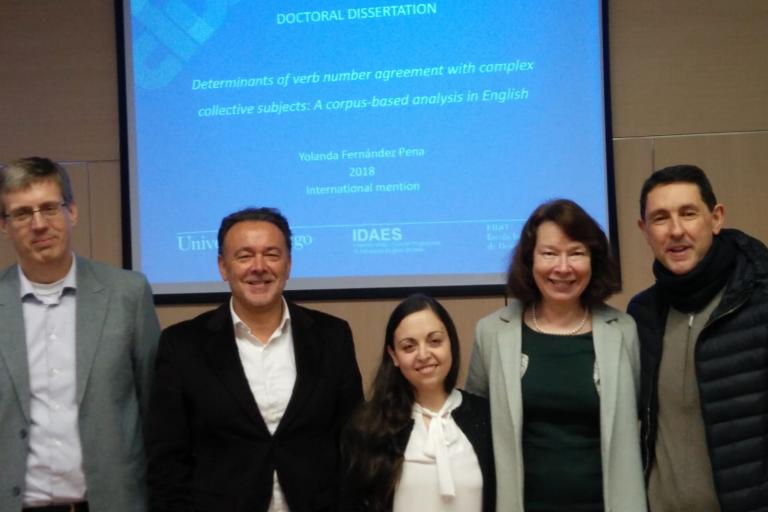Prof. Christopher S. Butler lectured on "Criteria of adequacy for functional theories of language".
Cv details
Holding an MA (Oxford) and PhD in Linguistics (Nottingham), Prof Christopher S. Butler was Professor of Linguistics at the University College of Ripon and York St John (a constituent college of the University of Leeds) until 1998, when he became Honorary Professor at the Centre for Applied Language Studies, University of Wales Swansea. His main research activities are: (i) theoretical and descriptive aspects of form, meaning and use, within the framework of a functional approach to languages, mainly English and Spanish. A major publication in this field is his (2003) Structure and Function: A Guide to Three Major Structural-Functional Theories. Part 1: Approaches to the Simplex Clause. Part 2: From Clause to Discourse and Beyond (John Benjamins); and (ii) the use of computational and statistical techniques for the study of English and Spanish, through the use of corpora (1985, Statistics in Linguistics. Blackwell).
Abstract of the lecture
The aims of this lecture have been to offer a view on what criteria of adequacy a functionalist theory of language should set for itself, to assess a small set of structural-functional theories with respect to such criteria, and to suggest some steps the functionalist community might take towards achieving higher standards of adequacy. Prof Butler began by reviewing the main claims which underlie functional theories, and then discussed a set of criteria of adequacy which can be derived from these claims. These criteria, however, are still subject to different interpretations, two distinctions -- between theories of grammar and theories of language, and between pattern and process models -- being particularly relevant to the debate. Having argued that we need theories of language which include process as well as pattern, Prof Butler characterised, in terms of the criteria of adequacy, a set of approaches which have been described as structural-functional, and then suggested that in order to attain higher levels of adequacy, functionalists need to be more open to work in theoretical approaches other than that which they themselves espouse. He looked at three types of relationship: between functional theories and cognitive and/or constructionist theories; between functionalism and formalism; and between theoretical linguistics and psycholinguistics/ psychology of language. Finally, some problematic issues were raised for future discussion.







